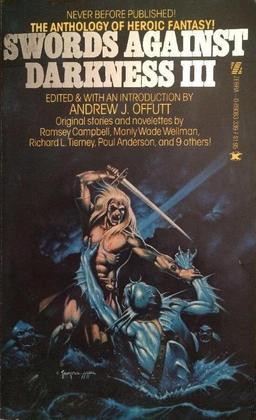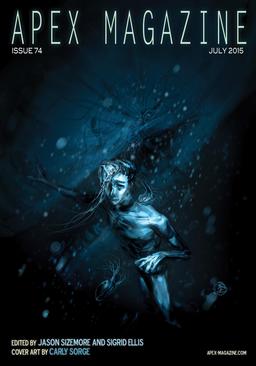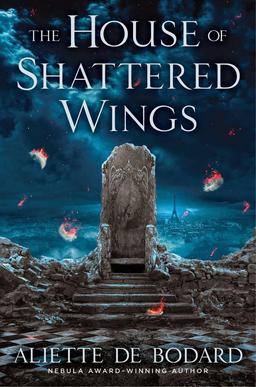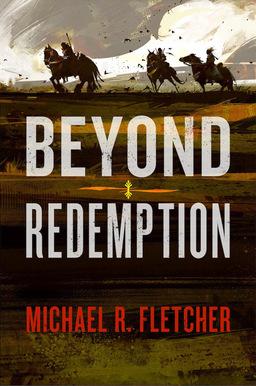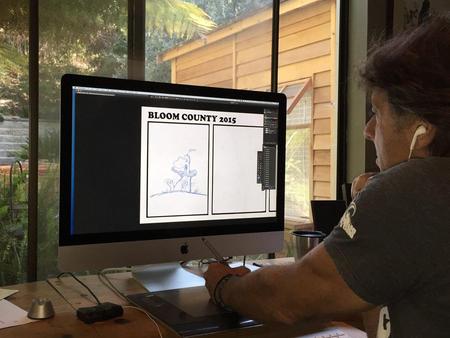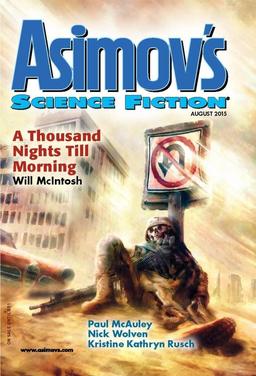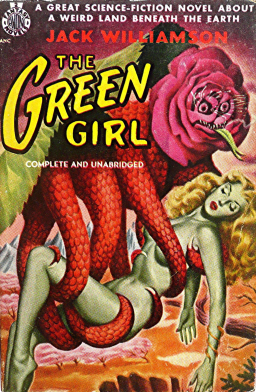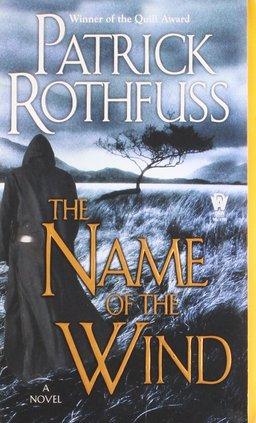Vintage Treasures: The Haunted Hotel by Wilkie Collins and 25 Other Ghost Stories
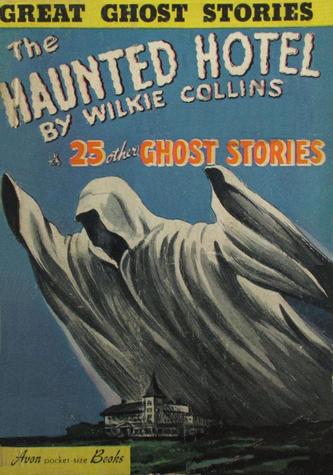 |
 |
The Haunted Hotel by Wilkie Collins and 25 Other Ghost Stories is one of the oldest paperbacks I own. It is, in fact, one of the oldest fantasy paperbacks produced in the United States. It was published in 1941, just two years after Pocket Books released the first paperbacks in 1939, revolutionizing the American publishing industry. And like a lot of old things, it’s a little strange and doesn’t do things in a familiar way.
For one thing, as it was one of the first paperback anthologies ever produced, apparently no one thought the name of the editor was important. Some folks assume it was W. L. Parker, who wrote the intro, and others assume W. Bob Holland, but no one is really sure.
Also, it’s called The Haunted Hotel by Wilkie Collins and 25 Other Ghost Stories not because it contains The Haunted Hotel (by Wilkie Collins) and twenty-five more stories about ghosts, but because it’s actually a mash-up of two previously published books: the novel The Haunted Hotel (by Wilkie Collins), and Twenty-Five Ghost Stories. So naturally, the page numbering re-starts halfway through the book. In the early days of paperbacks, publishers were trying all kinds of wacky things. Except original titles, apparently. Because, hey, let’s not go crazy.
And another thing. Have a look at the strange back cover (click for a bigger image). Today, we think of the back cover as, you know, a great place to tell prospective buyers a little about the book in their hands. In 1941, you mostly told readers what the hell a paperback book was. You imparted critical information, like “opaque paper,” “delightful flexibility in handling,” and “stained on all three sides with fast book dyes.” It’s easy to mock the primitive publishers of 1941 today, but let’s face it — if they hadn’t sold their early readers on paperbacks, you and I would be reading books exclusively in hardcover and clay tablets.
